Challenging food stigma through research and advocacy
We are a multidisciplinary research team committed to examining and addressing the stigma associated with food insecurity. Our work, guided by the Stigma and Food Inequity Framework, investigates how individual- and structural-level stigma influence individuals’ engagement with food assistance programs and impact their sense of dignity and social inclusion. By prioritizing the perspectives of those most directly affected, we seek to identify practical, evidence-based strategies to mitigate stigma and advance equity within food systems.
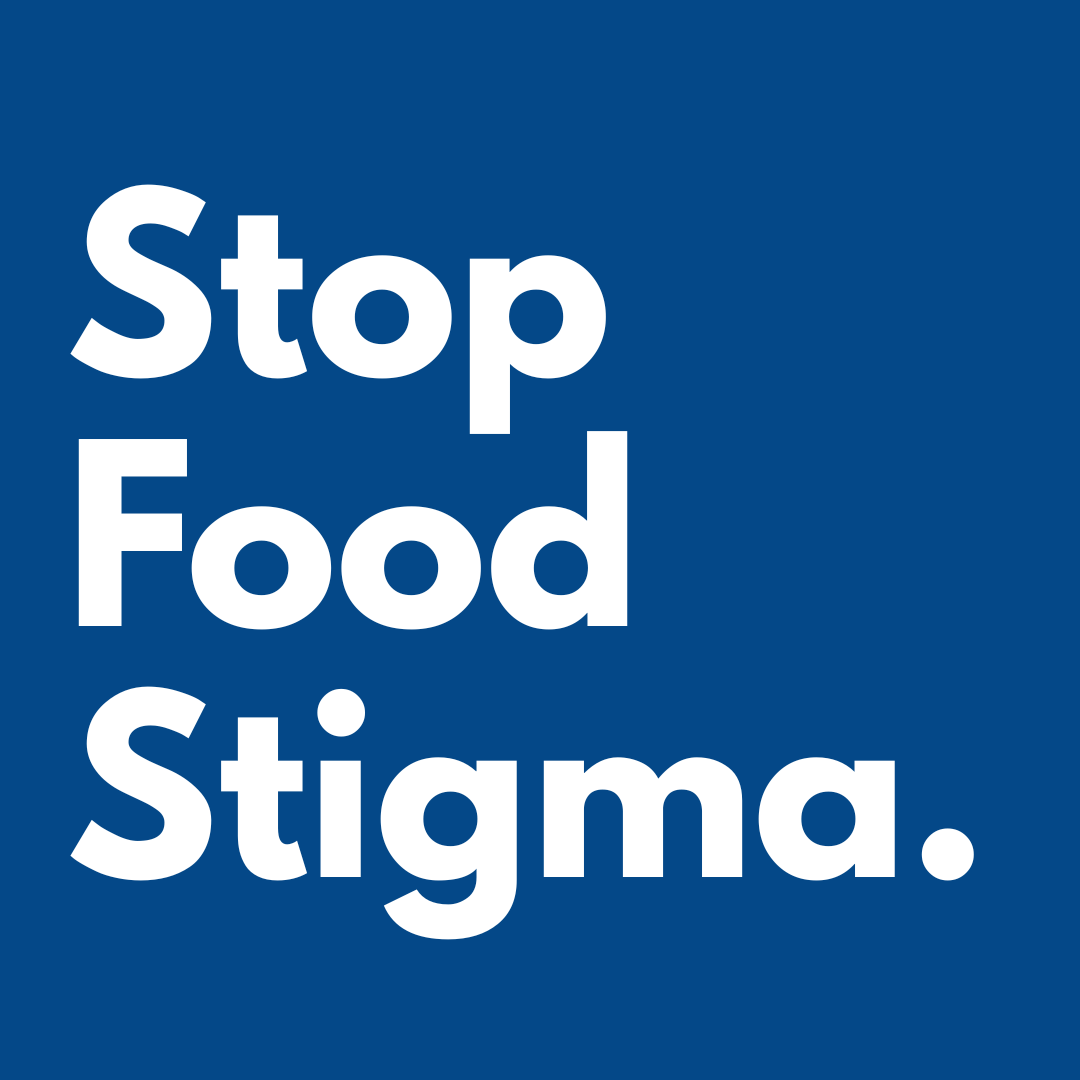
Food insecurity-related stigma happens when people who need food assistance are unfairly judged, labeled, or treated differently. This can come from systems or individuals and often leads to shame, fewer opportunities, and negative effects on health and well-being.
Stories from individuals affected by food stigma
Would you rather go hungry than ask for help?
Participants in our food stigma study reported hesitating to use food assistance due to anticipated, enacted, perceived, and internalized stigma, reflected in feelings of embarrassment, experiences of judgment from staff, and self-directed shame, along with an awareness of negative societal perceptions toward those who seek help. If you have experienced food stigma, you can share your story anonymously using the link below.
Anticipated Stigma
“I don’t like my neighbors or people to see me at the pantry. I will put on a face mask, I will pull my hair back and put my hoodie on. If a representative from every family in the town went to the pantry, I still will probably be a little embarrassed.”
Pantry Client
46, Black, Female, PA
Enacted Stigma
“These negative experiences sometimes prevented clients from returning: “That’s why I don’t go to [pantry name] anymore, because they seem more like they were gonna yell at me because I kept forgetting this and that.“
Pantry Client
65, White, Female, DE
Perceived Stigma
“Society might look down on the people that go to food pantries a little bit because they’re needy. They need help, and I guess people don’t like that.”
Pantry Client
57, White, Male, PA
Internalized Stigma
“It makes me feel horrible about myself when I go into the building. […] I feel so horrible. I hate it, because nobody understands my disability. Nobody knows why I’m poor.”
Pantry Client
63, White, Female, PA
Research
Use the link below to download journal articles, reports, research briefs, and presentation slides from the Food Stigma Research Lab
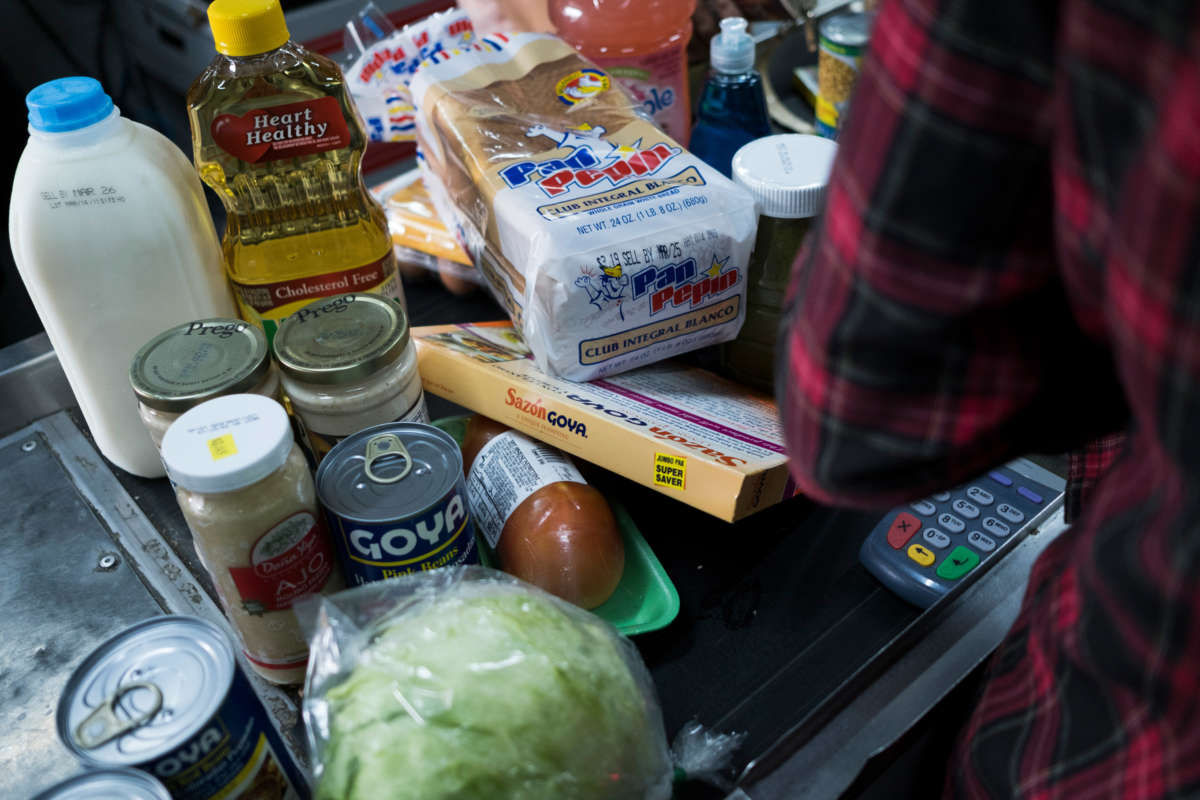
Structural-Level Stigma in Emergency Food Assistance Programs
This research study examined how structural stigma manifests within emergency food program
environments in Pennsylvania and Delaware through interviews with 18 food program clients.
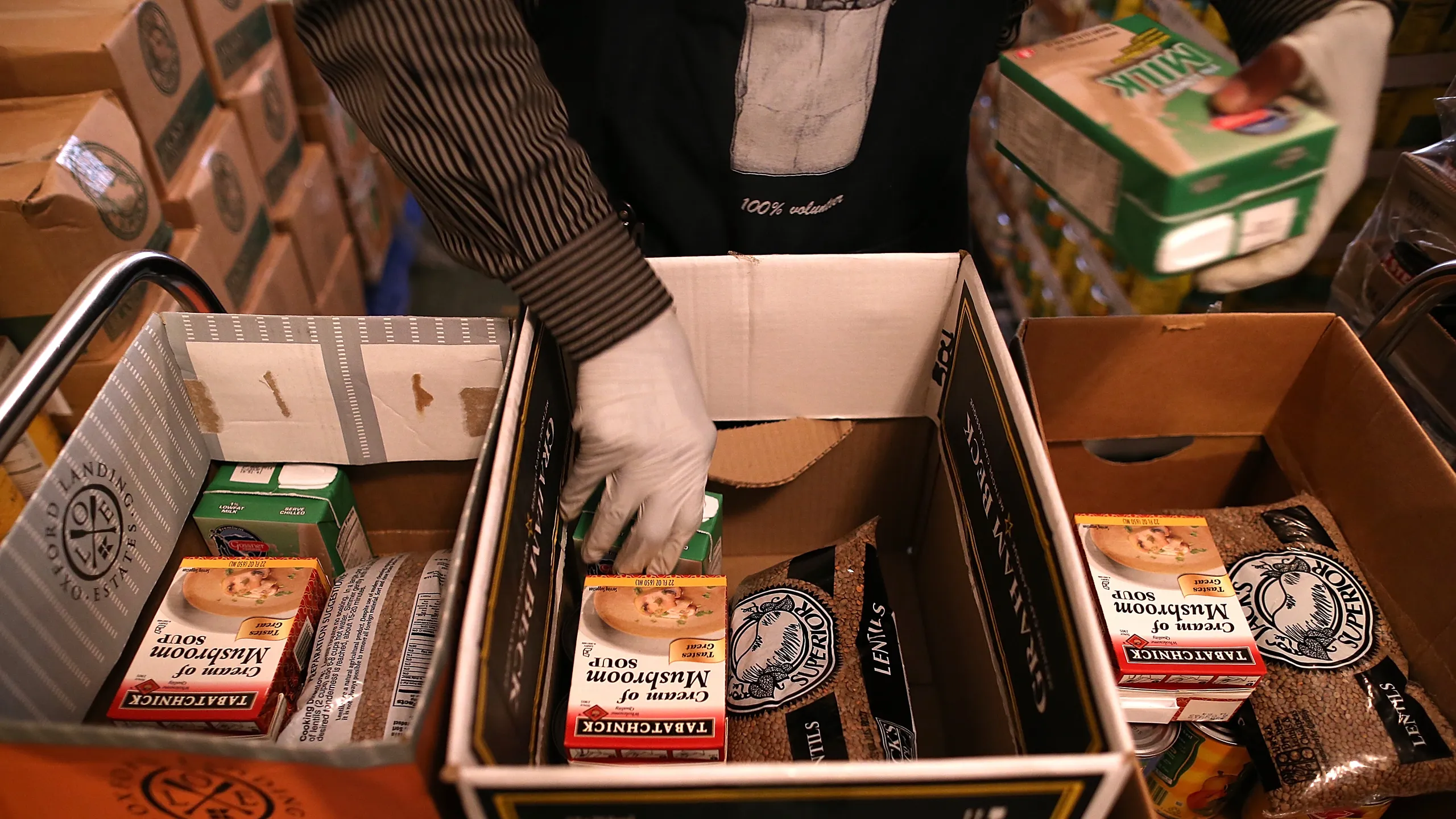
Addressing Physical Disability Challenges in Food Assistance Programs
This brief highlights how structural barriers, like inaccessible sites and complex enrollment, limit access to emergency food programs for people with disabilities.

This scoping review analyzed 99 peer-reviewed articles published between January 2004 and June 2024 to characterize individual- and structural-level stigma associated with government
food assistance programs (SNAP, WIC) and emergency food programs in the United States.
OUR BLOG
Read Our Latest Articles
How Stigma Fuels Food Inequity and What the Stigma and Food Inequity Framework Reveals About Fixing It
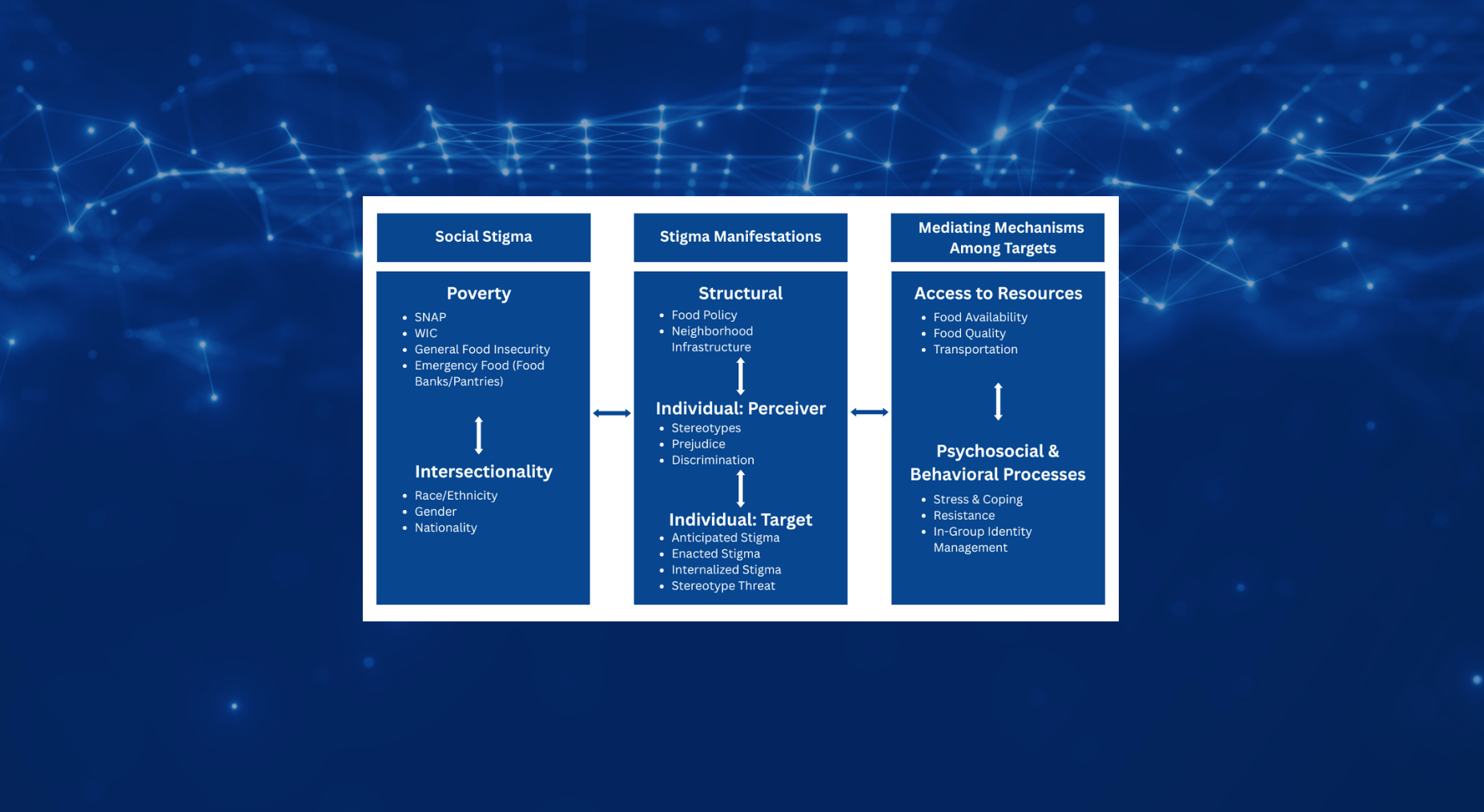
Featured Post
The Stigma and Food Inequity Framework shows how stigma related to poverty, race, obesity, and other characteristics operates at both structural and individual levels, creating barriers that undermine healthy food consumption and contribute to food insecurity within contexts of history, culture, and human development.
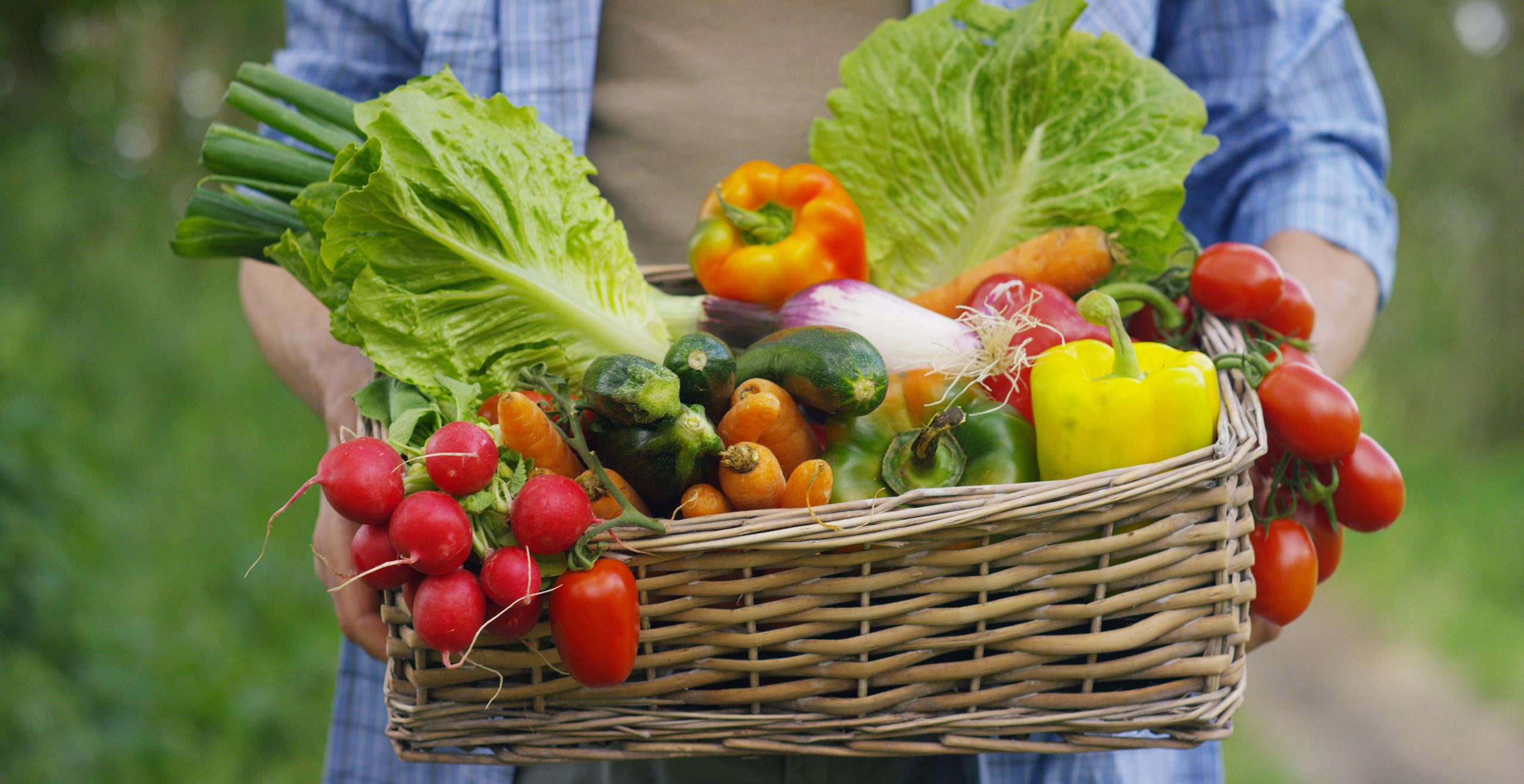
Food is Medicine in Action: Feeding Families Program Shows Promising Results
May 9, 2025
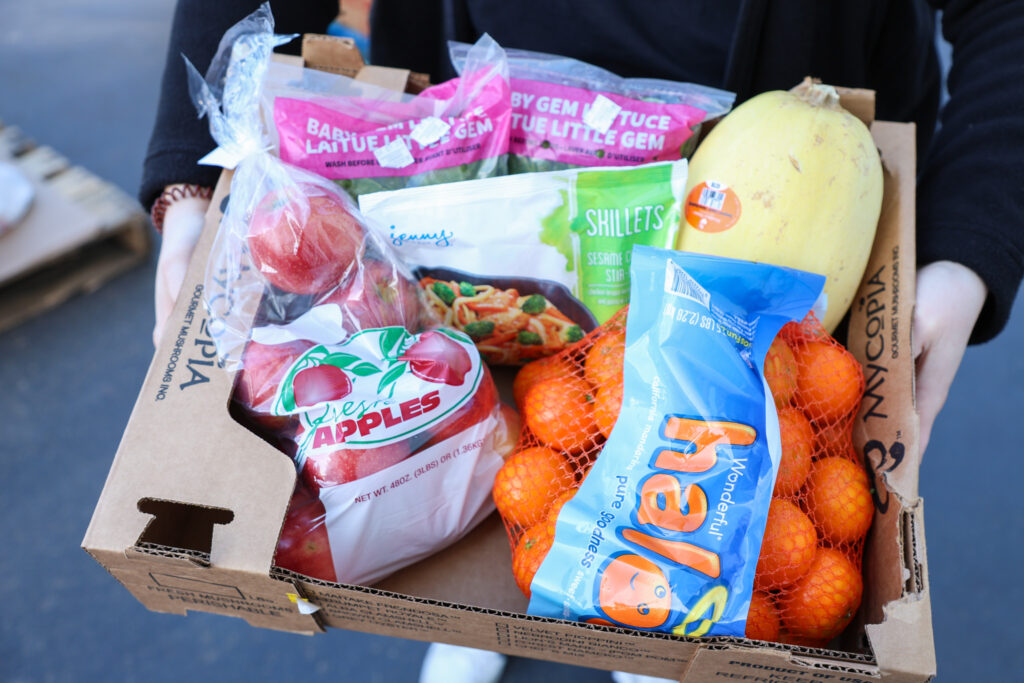
How Stigma Shapes the Experience of Food Pantry Users
March 22, 2025
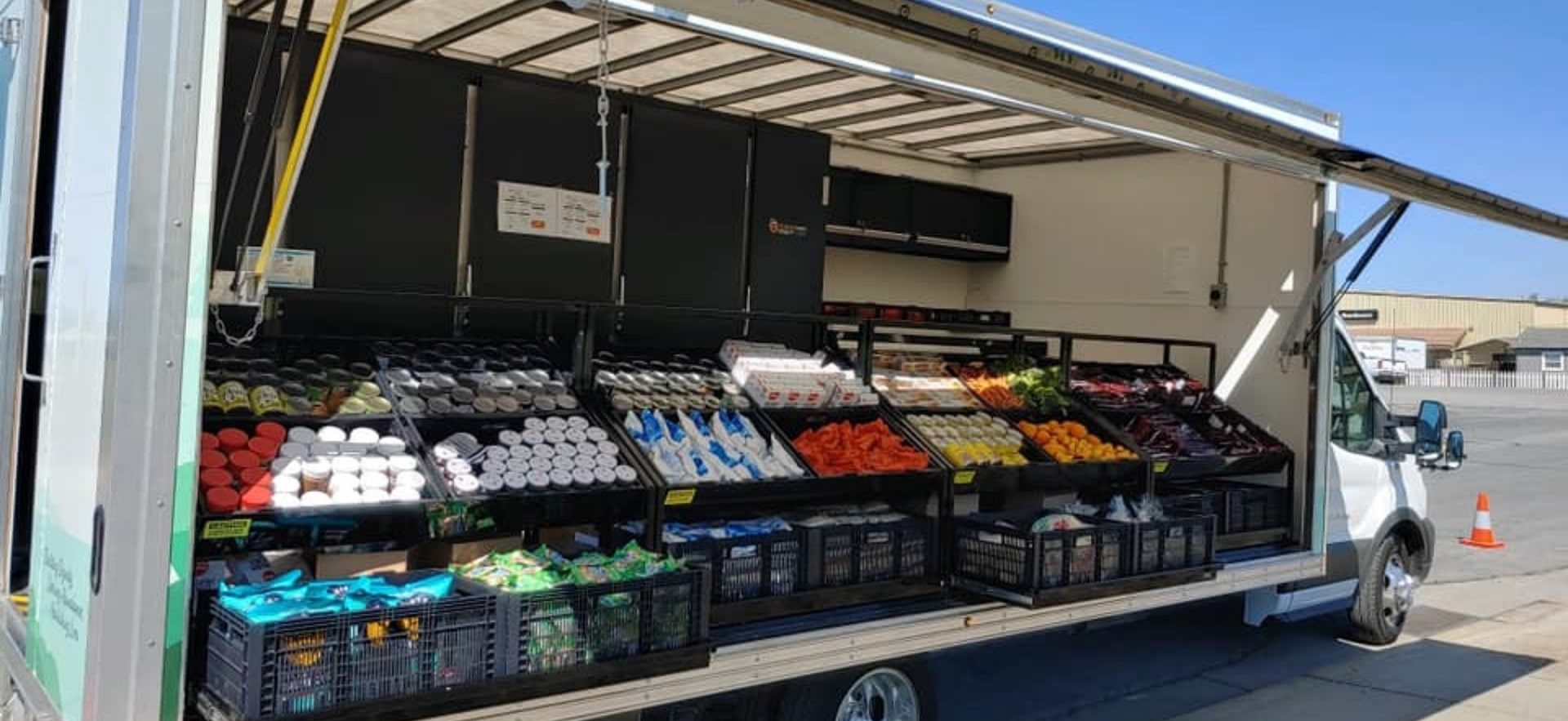
Addressing Structural-Level Stigma in Emergency Food Assistance Programs
March 8, 2025
Our Team
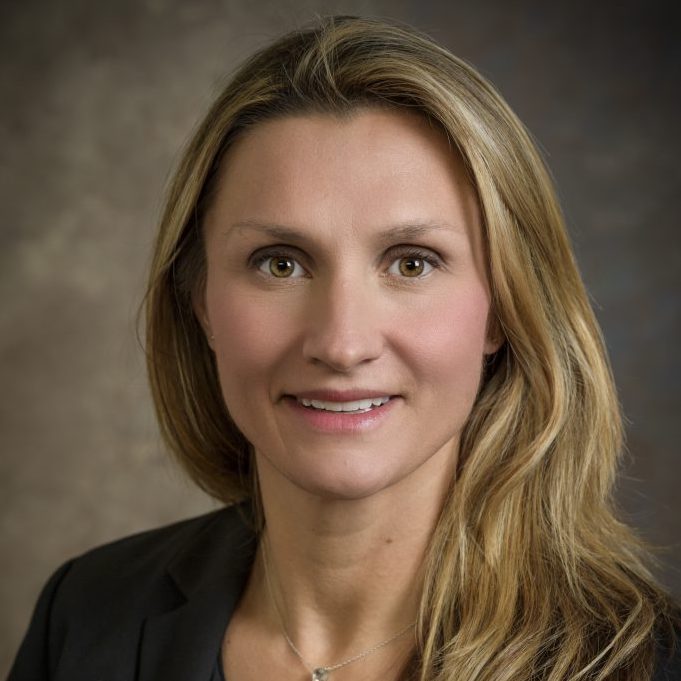
Allison Karpyn, Ph.D.
University of Delaware
All correspondence to: karpyn@udel.edu

Shreela Sharma, Ph.D, RDN, LD
The University of Texas Health Science Center at Houston

McKenna Halverson, Ph.D.
University of Delaware

Alyssa Brown, B.S
University of Delaware

Evyn Appel, B.S
University of Delaware

Grace Sands, B.A
University of Delaware

Heidi McPherson, M.P.H
The University of Texas Health Science Center at Houston

Jayna Dave, Ph.D.
Baylor College of Medicine, Children’s Nutrition Research Center

John Oluwadero, M.A.
University of Delaware

Natalie D’Onofrio
University of Delaware

Raquelle Powell, B.A.
University of Delaware

Vandeka Rodgers, M.S
University of Delaware
Follow Us on social media
